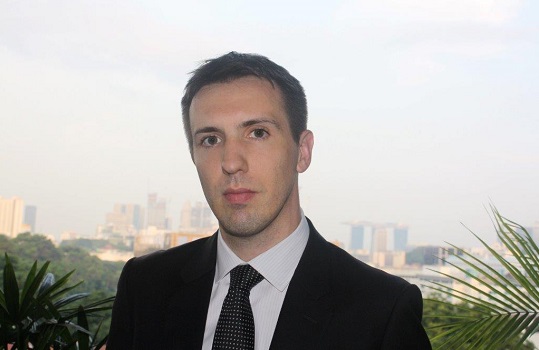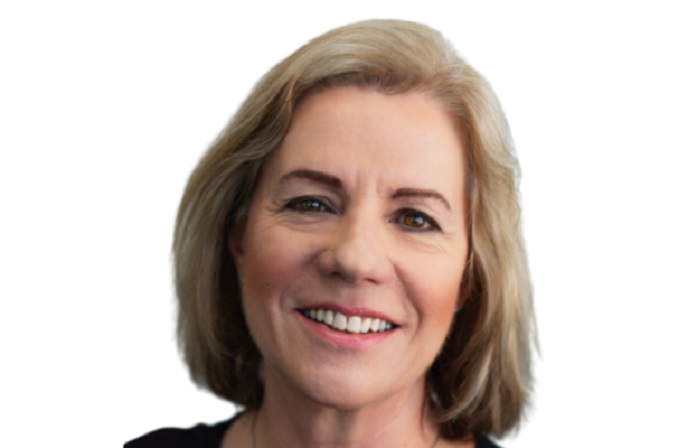
Allianz Global Corporate and Specialty’s Regional CIO for Asia Pacific speaks to FST Media about the significance of fostering a startup mindset for innovation.
FST Media: What are your IT priorities for the next 12 to 18 months?
Niellez: Our key priority is to deliver our regional product platform named OPUS, a project initiated two years ago, aimed at maximising our expertise and capacity. AGCS has offices all around the world, but only until recently, each location was using a different system. OPUS allows us more consistency and alignment across global locations.
Our new offices in China and India allow us to roll out IT systems quicker and more seamlessly. In collaboration with Bajaj Allianz General Insurance, Allianz Global Corporate and Specialty brings its international services and expertise to global clients in India through its specialised Global Risk Division unit. With added regulatory requirements in various locations, we are also focusing on enhancing IT security and compliance.
FST Media: What are your thoughts on the changing nature of the insurance industry and how is Allianz adapting to meet the security risks posed by BYOD solutions?
Niellez: The increased mobility of our staff is an important trend impacting our industry and our roles as IT professionals.
We need to provide suitable solutions to them, offering maximum security, particularly when handling personal and confidential information. We can always reject a new solution to our staff for security reasons but the risks would be forcing our staff to use alternative solutions, such as cloud solutions that are already available, without any prior security review.
This means we need to embrace the challenge and propose solutions to these new requirements but, at the same time, mitigate any risks involved in embracing these new technologies. At AGCS, we have already implemented Bring Your Own Device (BYOD) solutions for our staff, offering them the opportunity to work using their own devices without added risk to the company and this has been well received.
FST Media: How will AGCS approach innovation with a startup mentality in Asia?
Niellez: To innovate with a startup mentality, our approach has been to create small focus groups of people from various departments – marketing, underwriting, claim, finance, and IT – to brainstorm on a specific topic and define a specific and practicable solution to issues they have. We find this strategy effective as we hear directly from the end-users themselves what is lacking and what solutions they would like to see. These solutions are tailored to the end-users, so they are especially relevant to their business and departments.
FST Media: How is AGCS’s migration to a central product platform progressing and how will you measure its success?
Niellez: The AGCS Group has defined a strategic platform that all AGCS offices worldwide need to use. All our offices around the world are now migrating to this strategic platform and despite some challenges in some regions, we are making good progress. The positive development from this is that the global and standardised processes implemented previously have helped facilitate a framework for the central platform.
We are already able to measure the benefits of this migration, such as improved communication and synergies between our various offices using the same platform and the ability to leverage common expertise. Our market growth on the overall business front will also be a good indicator of success.
FST Media: What will the role of the CIO look like in 2020?
Niellez: Too often the CIO role is focused on providing the basic IT services. Unfortunately for these CIOs, there is a risk of losing sight of the bigger picture and the IT challenges that are emerging. CIOs need to be more innovative and work closely with business units to anticipate trends, needs and propose innovative solutions that leverage the capacity of the various vendors in the market to deliver the maximum business value at minimum cost. We are already seeing this happening, but I anticipate that the pace of change will accelerate in the coming years. The additional challenge for the CIOs of today is to stay up to date about new threats such as cyber-attacks due to the rapid change in the regulations, especially in emerging markets.
FST Media: What key trend or innovation will have the greatest impact on financial services in the next five years?
Niellez: The move to cloud has seen the industry embracing disruption as IT becomes cheaper and more agile. Trends are indicating that our basic IT services are increasingly migrating to the cloud, so it is important for CIOs to recognise these trends and anticipate change, otherwise they risk becoming irrelevant.
FST Media: Every leader has a legacy they wish to be remembered for, what is yours?
Niellez: I do not think you can be remembered for the delivery of one specific solution, as each new project makes users forget the previous one. However, I am convinced you can be remembered for the efficiency of the team you built, together with the innovative and creative mentality you have helped foster in a group of people or a company. Even if you are no longer their manager anymore, the delivery and new ideas of the team that you build, is your best form of success and has longevity.





